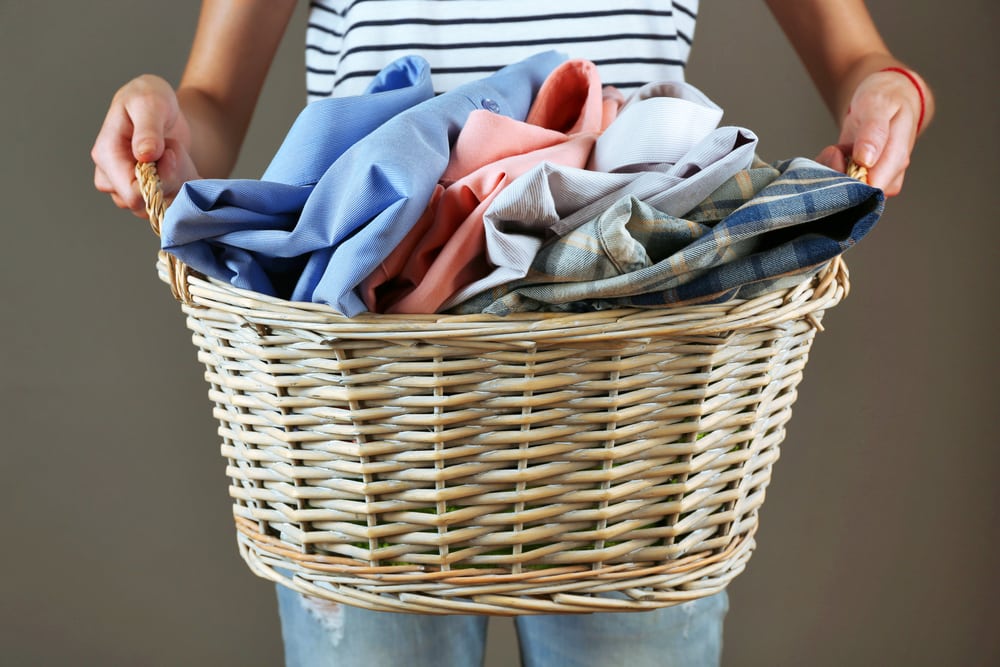
According to the Environmental Protection Agency (EPA), the air in our homes is often two to five times more polluted than outdoor air, even in the most industrialized cities. Common indoor pollutants include carbon monoxide, soot, tobacco smoke, radon, pet dander, mold, dust, volatile organic compounds (VOCs) from cleaners and paints, and more.
Thus, it’s important to maintain proper indoor air quality, especially if you or your family members have allergies or a sensitive respiratory system. To ensure that your home and indoor air are as clean as possible, here are some tips
to follow:
• Maintain your furnace. Replace furnace filters with HEPA filters, which are better at trapping dust and allergens, at least once per month. A clean filter also allows the furnace to run more efficiently. In addition, vacuum the intake grill regularly.
• Have your furnace checked by a professional to ensure it works properly throughout winter. This helps prevent furnace malfunctions, such as puff-backs that release smoke/soot particles into the air. These situations should be evaluated and/ or remediated by a restoration professional.
• Have your vents cleaned. Vents can trap a huge amount of dust, pollen, hair, and other allergens. If your vents haven’t been cleaned in a long time, all these allergens will be released in your home. Invest in a professional vent cleaning service-tis will also make your hot and cold air circulate more efficiently.
• Vacuum your home often. Consider using a vacuum with a built-in allergen or HEPA filter, which allows you to remove dust from floors and carpets while putting less dust back in the air. Change the vacuum filters regularly for better efficiency.
• Clean your carpets and floors. For carpets, use a steam cleaning service every couple of months. If you steam-clean
carpets yourself, use a mixture of white vinegar and hot water. When cleaning hardwood floors, use a mixture of vinegar and water. Dry with a towel immediately after mopping.
• Dust your home with microfiber towels and dusters. These products attract dust, which clings to the fibers instead of becoming airborne or dropping back to the ground. Also clean all of the vents and grilles with a damp cloth.
• Take off your shoes before entering your home. Also, keep floor mats by the doors to trap pollutants which may get
dragged in. Clean your floor mats regularly.
• Ventilate the home. Let outside air in occasionally. On a nice day, briefly open windows, even for only five minutes.
This helps indoor air circulate with outdoor air, resulting in a fresher environment.
• Use natural cleaners. Switch to organic cleaning products that don’t produce dangerous chemicals in the home. Stay away from aerosols and chemical cleaning agents that deposit toxic substances, such as VOCs, around the home.
• Bathe and brush pets regularly. Pet furs often harbor dirt and dander that scatters around the house, contributing to poor indoor air quality. To avoid this pollution issue, brush and bathe pets regularly, even if they don’t like it.
Control the humidity. Cold temperatures can dry the air in your home, affecting your health and property. However, if you use a humidifier, make sure to keep humidity between 30 and 50 percent. Too much humidity can lead to mold, mildew, and bacteria.
• Take care of any humidity/mold problem in your home. Mold may lead to various respiratory illnesses, especially in sensitive individuals. If you see mold growing anywhere in your home, call a restoration professional to do an evaluation regarding the remediation of this indoor contamination.
• Get houseplants. It has been shown that houseplants help filter out many indoor air pollutants. Choose plants such as Azaleas, English ivy, Chinese evergreens, bamboo palm, Aloe vera, and chrysanthemums.
• Test your home for radon. Radon is a colorless, odorless, and tasteless gas that seeps in through the soil and rocks under homes or buildings and poses health risks if found at dangerous levels. Test your home for radon using test kits you can find at local hardware stores.
• If you smoke, only smoke outside. Smoking not only releases carcinogenic substances into the home, but it is also the leading cause of home fire deaths in the U.S. Never smoke inside your home, especially in bedrooms.
For any indoor contamination removal services — dealing with puff-backs or other fire/smoke damage, water damage, odors, mold remediation, or even biohazard remediation — call PuroClean of Massapequa. Our certified technicians use state-of-the-art methods and equipment to improve your property’s indoor air quality.




 PuroClean of Massapequa
PuroClean of Massapequa